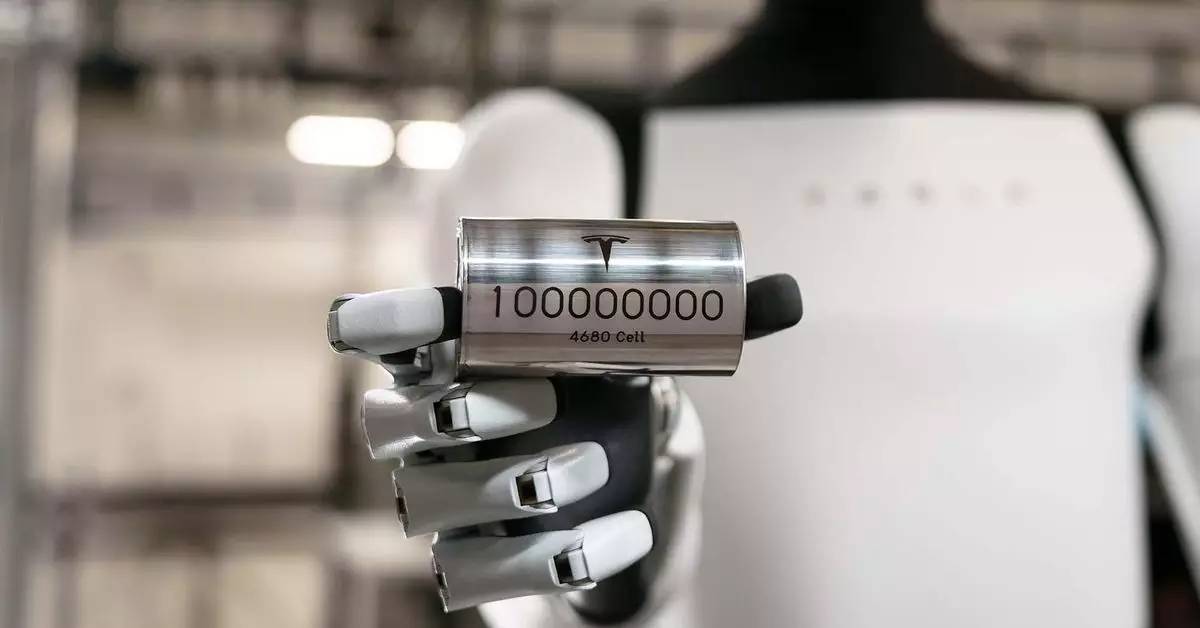In the ever-evolving landscape of electric vehicles (EVs), the technology that powers them is at the forefront of innovation and competition. As the race intensifies, two industry titans have emerged: Elon Musk, CEO of Tesla, and Robin Zeng, the founder and chairman of Contemporary Amperex Technology Co., Limited (CATL). Their differing philosophies on battery technology not only illuminate the trajectory of their respective brands but also signal broader implications for the EV market.
The Ambitious Promises of 4680 Cells
At the heart of Tesla’s strategy lies the ambitious 4680 cylindrical cell technology, which Musk touts as revolutionary. Infused with the promise of “five times” the energy capacity of traditional cells, these tabless batteries are believed to be a game-changer that could significantly enhance the performance and efficiency of Tesla’s vehicles, including the highly anticipated Cybertruck. Despite recent claims by Tesla regarding the mass production of these cells, with an impressive milestone of 100 million units reported, skepticism remains rampant regarding whether these advancements will translate into real-world success and impact.
Enter Robin Zeng, who, as the head of CATL, offers a strikingly critical perspective on Musk’s grand ambitions. In a candid interview with Reuters, Zeng expressed doubts about Musk’s grasp of battery technology, asserting that his knowledge is limited at best. This rivalry took a personal spin during Musk’s visit to China in April, where the discourse reportedly escalated into a significant debate. Zeng’s contention that Musk “doesn’t know how to make a battery” signals a clear rift in their approaches: while Musk focuses on the future potential of his technology, Zeng leans into the proven capabilities of lithium iron phosphate (LFP) technology, which is currently powering a sizable portion of the EV market.
Both leaders face immense pressure as the growing demand for electric vehicles escalates. Musk’s strategy involves a stringent, self-imposed deadline placed on his team to troubleshoot various shortcomings surrounding the 4680 cells by the end of the year. This highlights a pattern of overpromising timelines that Zeng persistently critiques. According to Zeng, Musk often underestimates the time required to perfect innovative technologies, specifically citing Musk’s overly optimistic projections regarding Full Self-Driving capabilities.
As the electric vehicle industry continues to mature, the clash between Zeng and Musk epitomizes the broader challenges manufacturers face in balancing innovation with practicality. Zeng’s rooted understanding of battery capabilities and production methods against Musk’s bold, futuristic vision for EVs presents a noteworthy dichotomy. Only time will reveal which approach proves more viable, but the undertaking is a thrilling reminder of the dynamic forces shaping the future of transportation.

